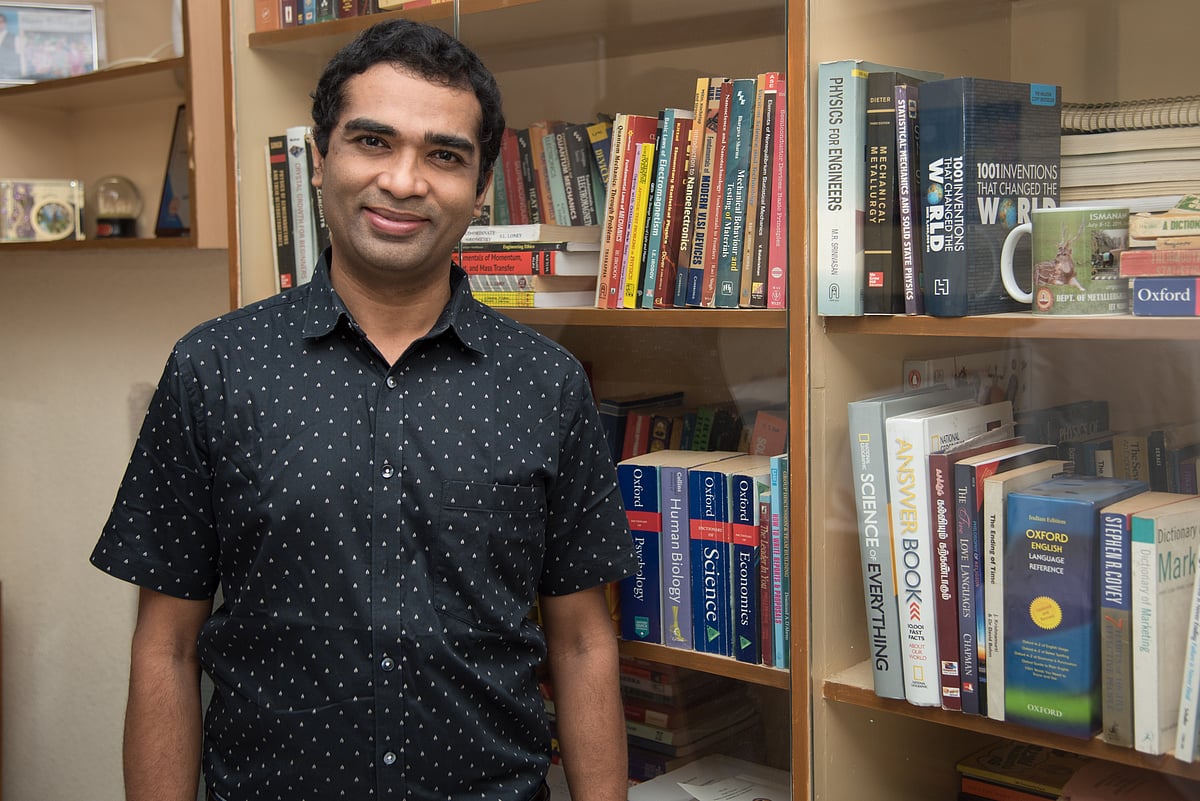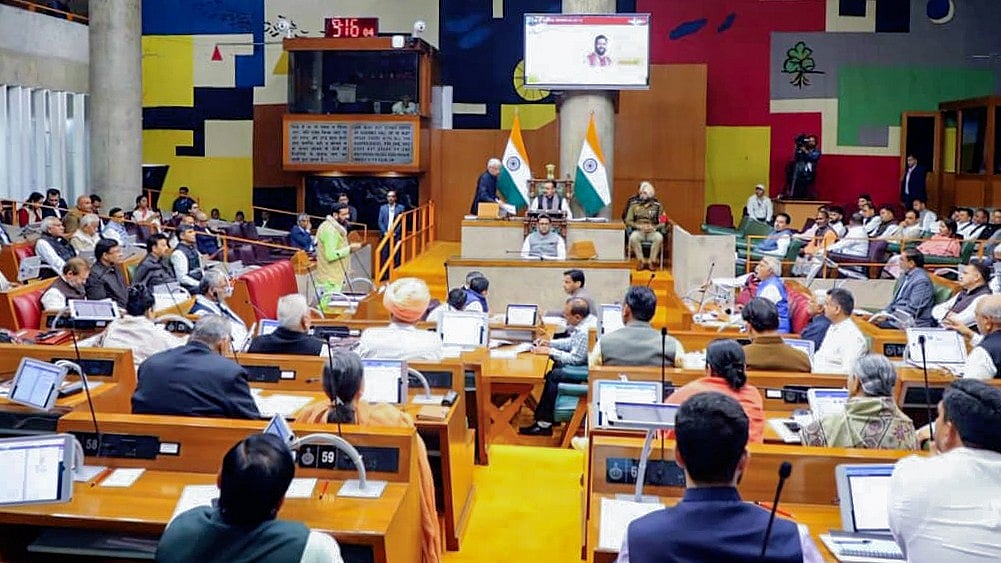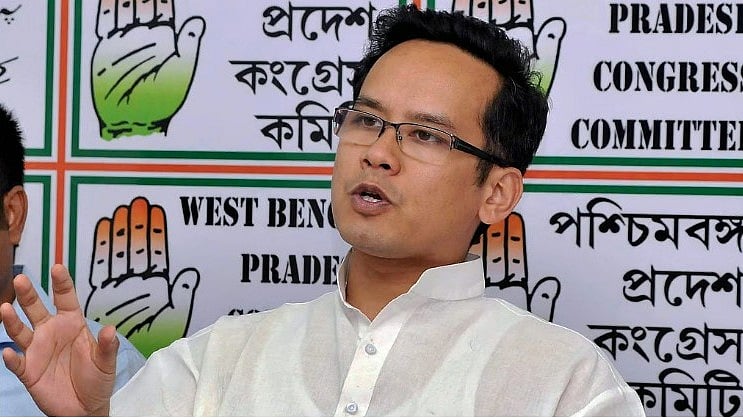The New Education Policy released by the Government has called for some welcome changes in our education system. Reforms are called for in both curricula and pedagogy to allow for greater flexibility, multidisciplinarity, and preparation for life (say via vocational credits). All of this is to be done while ensuring the inclusion of students and teachers. Also, increased investment in education, eventually to the tune of 6% of Gross Domestic Product (GDP) is an aspiration stated in the document. The document seeks that both educational institutions and teachers be ready for reforms by 2023. Given that we are already well into 2022, this leaves us with very little time to prepare for the desired reforms!
Negligence of Research Education
While I am sure that many institutions are busy working on bringing about these changes, it is easy to forget research education. To do this would be a mistake of course since research is arguably the highest calling of a university since its ultimate goal is to push the very boundaries of knowledge, while also creating the next generation of thinkers and doers. In a mature knowledge economy, the seedbed of reform and social transformation would then have to be the university system.
The strength of a university system is measured by its ability to nudge the boundaries of knowledge. Hence the Ph.D. degree, which is fundamentally a research award, is an essential mark of the university. It is also a very high-stakes degree since it is a terminal degree borne by university teachers and leaders, who participate and deliberate upon tertiary education – the primary enabler of the entire knowledge economy. Given this, its’ perhaps time to ask what these reforms mean for the Ph.D. program.
The scope of Blended Learning for Research
We may take some cues from a concept note by the University Grants Commission, which talks about blended learning (BL) and its relevance for today’s learners. BL simply means using both digital and physical learning opportunities, to offer flexibility and opportunities for reinforced learning to the learner. A classic 2007 survey report by Elaine Allen, Jeff Seaman, and Richard Garrett found that digital content when used in a structured manner, in nearly all cases resulted in significant student satisfaction and active participation. Using this approach, student achievement of learning outcomes, while being student-centric and flexible is indeed possible. What would this look like for Ph.D. training and education? Also, can we afford such high degrees of flexibility to be granted to Ph.D. students and their advisors?
In response, we must first acknowledge that today's university research programs are largely driven by grants obtained via competitive programs launched by funding agencies. These tend to be performance-driven and goal-oriented. At times, this may give little scope to investigators and students to explore, for goals are paramount. However, the advisor may still build student-centered learning experiences. For instance, blended learning could form a continuous aspect of the Ph.D. process, promoting continual learning and exploration outside the lab (and even beyond the major subject of the student).
Change within the pedagogy
The students may even be encouraged to take on minor research topics, which are self-driven, wherein they may engage with a wider range of professors. Through BL, this could easily be enabled. Doing so would only, in a real way, make the student a university citizen, and not just of this department or that lab.
For this to succeed and sustain however our universities must also remember that a good fraction of PhDs produced thus would be prospective recruits. Hence, universities should rethink faculty recruitment policies to capitalise on the products of this new framework. The change would only be sustained when those who have lived through the change, continue to serve the system as its champions, and stewards.
The author, Dr. Tiju Thomas, is an engineering faculty in the Department of Metallurgical and Materials Engineering at the Indian Institute of Technology Madras. He is also a member of the Teaching Learning Center at the institute.

Dr. Tiju Thomas |





